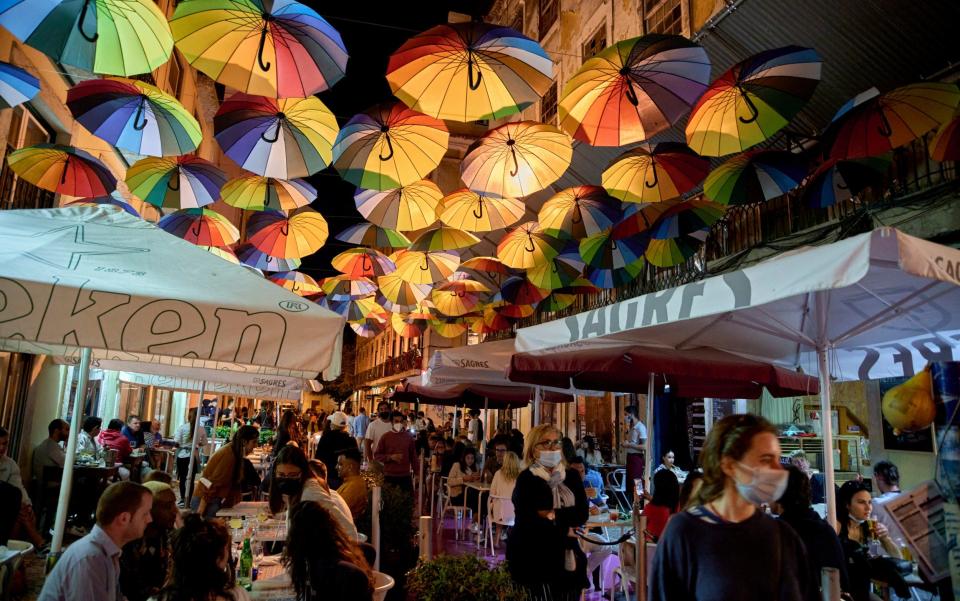Portugal ‘refusing to recognise Indian-made AstraZeneca vaccine’

Holidaymakers heading to Portugal who were given the Indian-made AstraZeneca vaccine face two weeks in quarantine as the Government failed to secure a rule change.
Portugal is understood to be among 13 European countries that do not recognise the Indian-made version of the jab, which up to five million Britons received without being told.
Under its entry rules, Portugal requires anyone not double jabbed with a recognised vaccine to quarantine for 14 days. Two other countries among the 13, Poland and Romania, also require quarantine for any British visitors who have not been fully vaccinated with recognised jabs.
Denmark bans holidaymakers unless double jabbed with approved vaccine – of which the Indian version, produced by the Serum Institute, is not one. Cyprus requires two PCR tests for those not vaccinated with the approved jab rather than just a pre-departure test if they have the right vaccine.
Some countries offer visitors the alternative of a test or vaccination for entry, which would potentially mean extra costs for Britons jabbed with the Indian vaccine.
The 13 include the Czech republic, Estonia, Italy – which has a blanket five-day quarantine for anyone arriving from the UK – Lithuania, Luxembourg, Slovakia, Norway and Liechtenstein.
The problem stems from the Indian vaccine not yet having been authorised by the European Medicines Agency, which means it does not qualify for the EU's vaccine passport scheme.
EU states are, however, free to make their own decisions, and most of the other EU nations have recognised the Indian vaccine, most recently France and Croatia. It is thought the vaccine could be recognised by September, ending the problems for British travellers.
An EU spokesman said: "Several member states have not yet finalised their positions regarding the correspondence of vaccines for the purpose of travel. As soon as they will have done so, we will publish a list of corresponding vaccines on the ReopenEU website."
Henry Smith, chairman of the all-party Future of Aviation group, said: "Now is not the time that we can allow bureaucracy to get in the way of economic recovery as facilitated by international travel where it is safe to do so."
Paul Charles, chief executive of travel consultancy The PC Agency, said: "If the vaccine is good enough to be accepted for use in the UK, we need to see the Government pushing these countries further to accept UK visitors who have had it."

